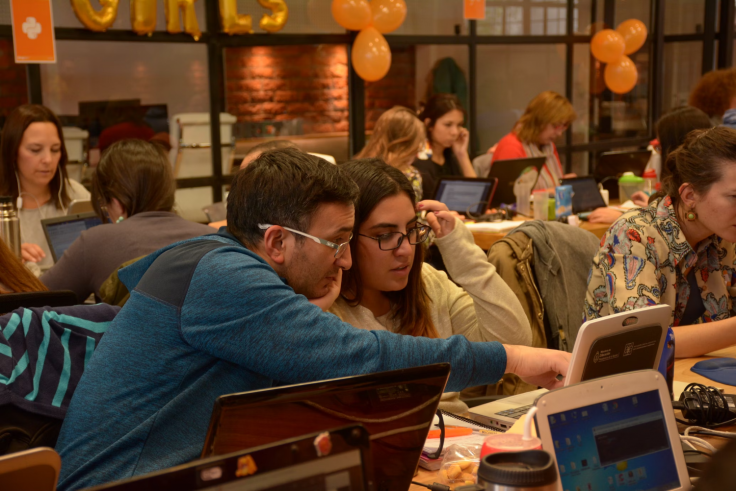Ethical Dimensions in Academia: Mitigating Student Poaching Through Policies and Embracing Collegiality
ByWithin the hallowed halls of academia, a practice known as "student poaching" continues to raise ethical concerns. Student poaching involves a faculty member hiring a colleague's research student without their full consent, a phenomenon that, while prevalent, is widely considered unethical. This article delves into the complexities surrounding student poaching, highlighting its ethical implications and proposing solutions to safeguard the fundamental values of collegiality within academic institutions.

The Unethical Undercurrents of Student Poaching
Student poaching is often perceived as a low-risk strategy to recruit known talents, particularly when a faculty member wishes to bring a student into their team. From the poacher's perspective, it may be rationalized as providing a better intellectual opportunity for the student or rescuing them from a perceived mediocre or unhealthy work environment. However, this practice is deemed unethical and unfair, as it erodes the core value of academia - collegiality.
Collegiality as a Pillar of Academic Integrity
The importance of collegiality in academia emphasizes its role in creating a shared intellectual workspace where diverse ideas are welcomed, and collaborative solutions are developed. Collegial contributions are not only recognized but are also considered during academic promotions and tenure processes. The erosion of collegiality through student poaching poses a significant threat to the fabric of academic professionalism.
Proposing Solutions: Written Policies and By-Laws
To address the ethical dilemma posed by student poaching, the article proposes the development of written policies or by-laws within academic programs. These policies can serve as educational tools, enlightening campus communities about the corrosive impact of poaching on the academic work environment. Moreover, they can provide a structured framework for resolving inter-departmental or intra-university issues related to student poaching.
Challenges and Criticisms
Acknowledging potential criticisms, the article anticipates concerns about the effectiveness of rules in a complex human system. It recognizes the difficulty in instilling virtues that may alter individuals' minds and values. However, it argues that the academic community, supported by society, should engage in critical reflections on complex issues and moral dilemmas. These reflections, it contends, are essential for fostering wisdom and courage in navigating ethical challenges.
Countering the Rarity Argument
Addressing another potential criticism, the article dismisses the notion that student poaching is relatively rare and therefore not worthy of attention. It asserts that the actions, both moral and immoral, within a group or society are osmotically learned. If left unaddressed, student poaching could proliferate and potentially overwhelm the academic profession. The article advocates for self-regulation within the academic community to prevent the unchecked growth of unethical practices.
Educating Students on Ethical Responsibilities
The article extends its focus to the role of educating students about the ethical responsibilities associated with their research opportunities. It emphasizes the need for students to recognize that their academic pursuits are often the result of years of someone else's effort, securing resources and developing ideas. Students are urged to fulfill their project tasks conscientiously, particularly if they have willingly signed contracts related to grant projects.
Exceptional Cases and Documentation
While advocating for stringent policies, the article acknowledges exceptions to every rule. Instances where a student or staff member must be moved due to dysfunctional relationships, harassment, poor supervision, or lack of funding are recognized. However, it emphasizes the importance of appropriately documenting and reporting such cases to the authorities, ensuring a fair and transparent resolution through grievance committees or ombudsmen.
Preserving Collegiality
In preserving the spirit of collegiality, the article suggests alternative solutions, such as shared student supervision or co-funding models. However, it insists that the highest priority should always be given to collegiality when resolving conflicts over students, aiming to prevent lingering resentments within academic departments.
While rules may not guarantee collegiate behavior, by-laws serve as policy statements that guide individuals in making ethical choices. Upholding the overall morale of the academic family depends on the conscientious choices made by individuals within the academic community. By developing and adhering to policies that discourage student poaching, institutions can foster a culture of ethical responsibility and collegiality, safeguarding the integrity of academic pursuits.
© 2025 University Herald, All rights reserved. Do not reproduce without permission.








